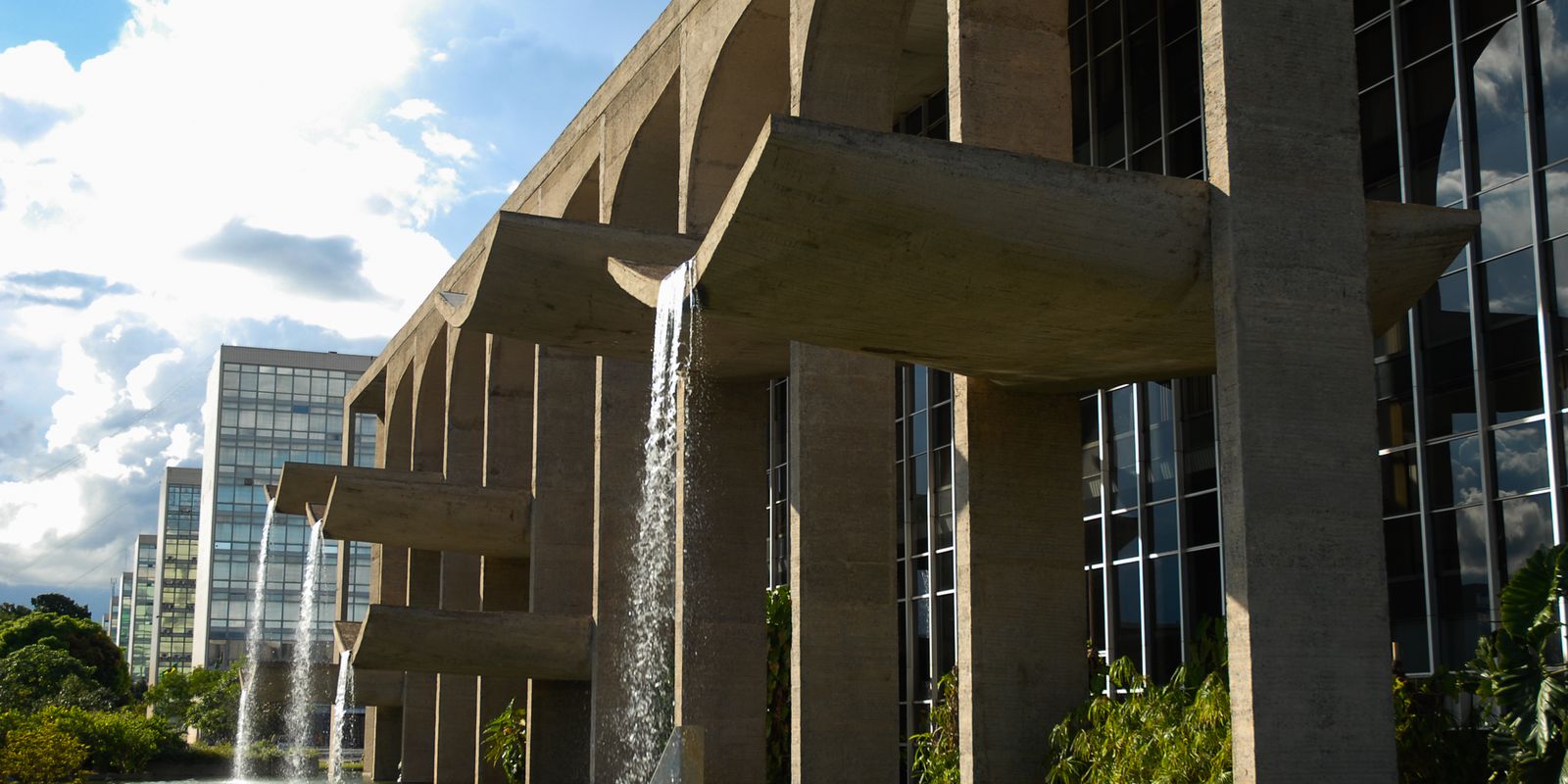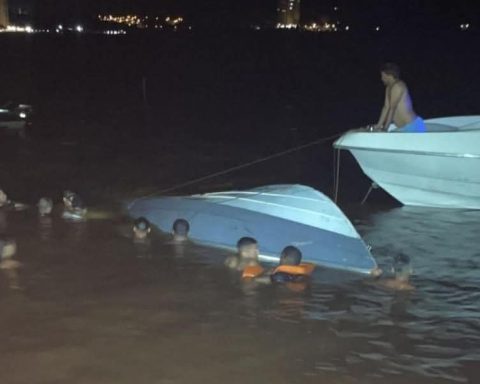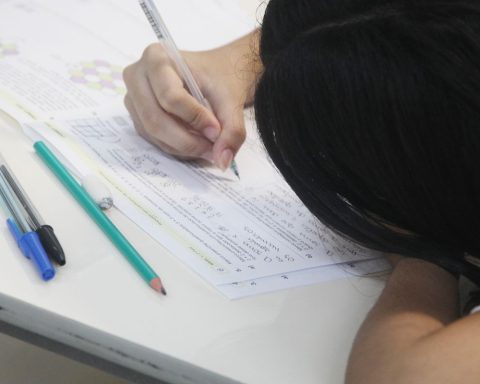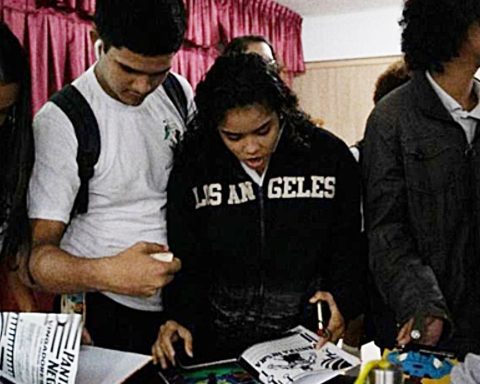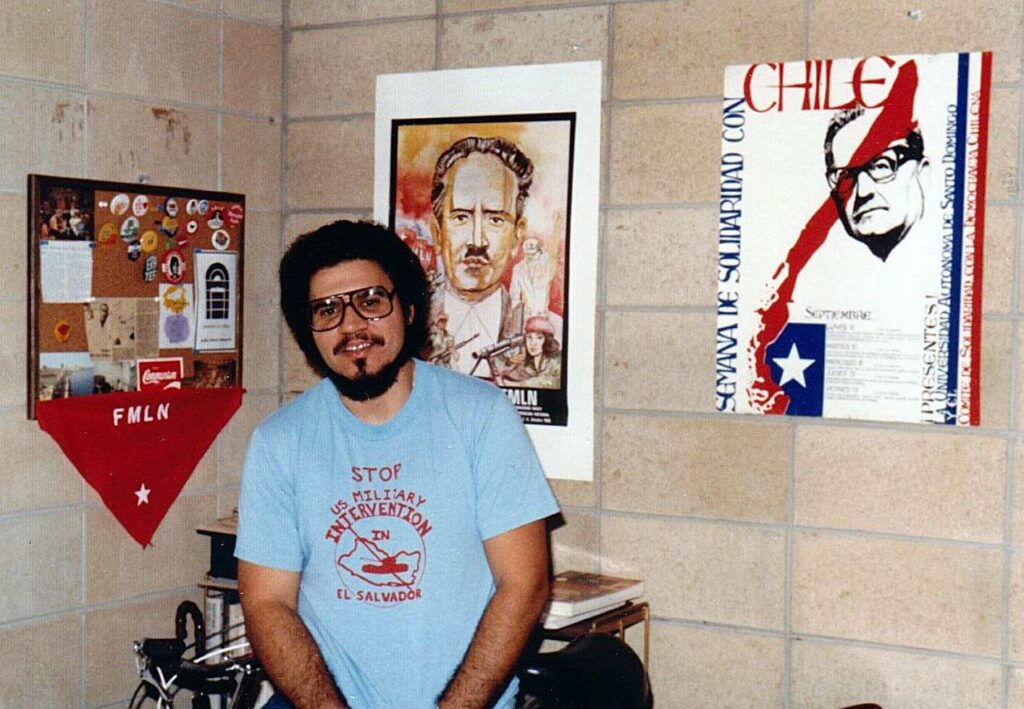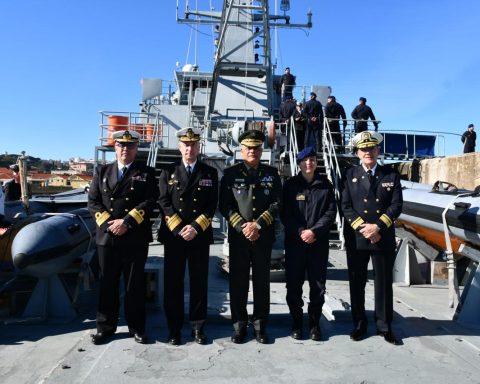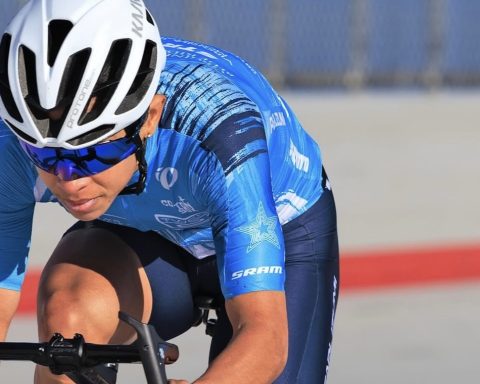In the first 100 days of government, a whirlwind of events made the Ministry of Justice and Public Security the protagonist of most of the main agendas of the federal government. In addition to dealing with situations such as the coup attempt on January 8; intervention in the government of the Federal District; the humanitarian crisis involving the Yanomami people; the attacks in Rio Grande do Norte and the fight against slave labor in wineries in Rio Grande do Sul, according to specialists, the ministry managed to present “significant advances”, especially in terms of public safety.
So many things happening at the same time ended up causing a feeling that the authorities in the area of justice and security acted more reactively than actively – which is not exactly true, as he told the Brazil Agency the president of the Brazilian Public Security Forum (FBSP), Renato Sérgio de Lima.
According to Lima, the federal government “did a lot” over the first 100 days, in the conduct of public security policies, but the actions ended up being overshadowed by the “facts” that had more visibility than the initial “deeds” of the government.
In the expert’s assessment, events were “running over the agenda and actions”, which ended up making the first 100 days of government “turbulent”. Therefore, “the debate on the themes ended up losing space” in the midst of a scenario that “presents the actions [implementadas] as if they were reactions [a factuais]”, said Lima.
“The government now needs to recover the lead it had on the first day, with the arms decree, to be able to think about the dissemination and detailing of policies such as, for example, those of the Safer Amazon Plan (Amas) and the National Program for Public Security with Citizenship (Pronasci)”, he added.
“The government started the year with the firearms decree, an important initiative”, recalled Renato Sérgio de Lima, referring to the presidential decree that suspended new authorizations to carry weapons by CACs – collectors, shooters and hunters.
The same decree was praised and considered “first success” by the Professor of Criminal Sciences at the Brazilian Institute of Education, Development and Research (IDP) Carolina Costa.
For the lawyer, the review of the norms that made the purchase of weapons more flexible and the Disarmament Statute play an important role in the regulation and control of weapons in the country. She highlighted the importance of the review taking place at the current time, after the Bolsonaro government promoted “a completely excessive flexibility”, aiming to arm the Brazilian population.
“The resumption of control of weapons and the sale of these in Brazil is something very urgent, especially to reduce the levels of violence and the feeling of insecurity of the population, which, given the increase in the number of weapons in circulation, finds itself insecure and at risk. , especially when we think of women and children,” he said.
Using the Violence Monitor as a reference, Renato Lima, from the FBSP, says that the number of homicides in Brazil grew by more than 6% in the last quarter of last year.
He also correlates this increase to the facilities created during the Bolsonaro government for the population’s access to weapons.
“This signals a worrying 2023, because, if the trend is confirmed, we will have an increase in homicides, largely due to issues that were not addressed during the previous government, such as the implementation of the SUSP [Sistema Único de Segurança Pública]”, he added. According to the expert, the initiative tends to receive good government investment.
I was born
The two experts highlight the resumption of the National Program for Public Security with Citizenship (Pronasci) as one of the most important public policies of the current government.
Launched on March 15th, the new Pronasci already has R$ 700 million planned for investment in social actions of public security, in prevention, control and repression of crime. The first edition of the program was launched in 2007 during President Lula’s second term.
Pronasci’s axes are in line with the National Public Security Plan, which aims to reduce the homicide rate to below 16 deaths per 100,000 inhabitants by 2030, and to lower rates involving violent deaths of women and bodily injury followed by death.
Executed by the Union in cooperation with states, the Federal District and municipalities – through programs, projects and actions of technical and financial assistance – the new Pronasci includes in its axes the prevention and confrontation of violence against women and the fight against femicide.
The other four axes of the program deal with the promotion of public security policies with citizenship in territories with high levels of violence and with more vulnerable social groups; promotion of citizenship policies focused on work and formal and professional education for prisoners and former prisoners; support for victims of crime; and, finally, the fight against structural racism and all the crimes derived from it – with affirmative actions for the black population combined with the fight against poverty, hunger and inequalities.
police and citizens
At the program’s launch ceremony, President Lula said that Pronasci strengthens the security area, guaranteeing the presence of the State not only with the police, but with actions to promote citizenship.
“With the recovery of this program, we pass on to society the idea that the role of the State is to take care of people before they commit any crime, and to take care of them after the person commits, but in the perspective of making them have a social coexistence again and calm”, said Lula.
“Above all, we have to work on the perspective of saving the periphery of this country. It is on the periphery that a large part of our youth lives; a large number of people with extraordinary cultural and professional potential, who are unable to survive because they are taken by surprise by a stray bullet or are caught by a police occupation”, he added.
At the Pronasci launch event, Minister Flávio Dino said he believed that such actions would ensure a reduction in violence “and greater integration between social policies and police actions”.
The program coordinator, Tamires Sampaio, said that Pronasci “builds a notion that, by strengthening security agents and equipment and ensuring that the population has access to education and culture, we are going to guarantee that the violence and crime rates in the country will decline.
Community
For Carolina Costa, from the IDP, Pronasci differs from repression policies, as it prioritizes community policing mechanisms, aimed at bringing police forces and the community closer together.
“In a context of extreme violence, in which vulnerable communities feel even more unprotected due to extremely unprepared police action, Pronasci represents an excellent initiative for us to resume dialogue between the security forces and the community,” he said. she the Brazil Agency.
In early April, Minister Flávio Dino’s visit to Complexo da Maré, in Rio de Janeiro, showed political will to bring together authorities and vulnerable communities.
The initiative, however, ended up being criticized by opponents of the federal government, on the grounds that the visit would represent a “collusion” of the minister with “criminals who work in the favela”.
In response, Flávio Dino said that he considered the statement “outlandish”, maintaining that it would be the result of prejudice against community residents.
drug policy
Another public policy of the federal government highlighted by the experts consulted by the report is the National Drug Policy Strategy, conducted by the National Drug Secretariat.
For the professor of Criminal Sciences at the IDP, the definition of a strategy to reorganize this policy is “absolutely necessary, and it is even stronger thanks to the participation of civil society in the discussions.
“An ongoing initiative, which will be announced shortly, is the resumption of the National Drug Policy Council, with more effective participation by civil society. An open discussion about the direction of drug policy in Brazil is absolutely important in the Brazilian context, especially if we analyze the [altas] incarceration rates for drug trafficking”, added the lawyer.
Participation
The public policies mentioned by Carolina Costa are being dealt with in a transversal way by the authorities, especially with regard to planning organization, as well as execution and evaluation. The government has even promoted events in which the theme is widely debated, with the participation of the Ministries of Health; of Racial Equality; Justice and Public Security; international secretariats and organizations, as well as representatives of civil society and parliamentarians.
“During the Bolsonaro government, policies were quite tight: very isolated and without social participation. In the current government we have another perspective, with the resumption of civil society participation and with the action of different ministries”, argued the lawyer.
“When public policy is guided in a transdisciplinary way, this participation ends up being almost natural, in addition to being much more encouraged. The more partners we have to conduct public policies, the greater the effectiveness and the greater the democratic participation in these public policies”, added Carolina.
